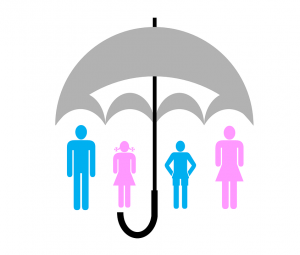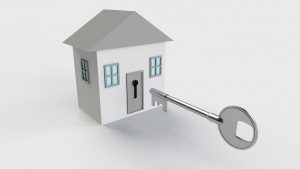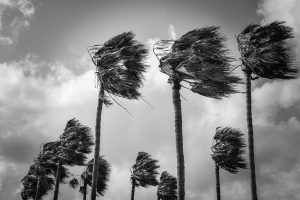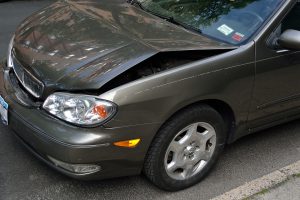Courtesy of iii.org
 How gap insurance works
How gap insurance works
When you buy or lease a new car or truck, the vehicle starts to depreciate in value the moment it leaves the car lot. In fact, most cars lose 20 percent of their value within a year. Standard auto insurance policies cover the depreciated value of a car—in other words, a standard policy pays the current market value of the vehicle at the time of a claim.
If, when you finance the purchase of a new car and put down only a small deposit, in the early years of the vehicle’s ownership the amount of the loan may exceed the market value of the vehicle itself.
In the event of an accident in which you’ve badly damaged or totaled your car, gap insurance covers the difference between what a vehicle is currently worth (which your standard insurance will pay) and the amount you actually owe on it.
When you might need gap insurance
It’s a good idea to consider buying gap insurance for your new car or truck purchase if you:
- Made less than a 20 percent down payment
- Financed for 60 months or longer
- Leased the vehicle (carrying gap insurance is generally required for a lease)
- Purchased a vehicle that depreciates faster than the average
- Rolled over negative equity from an old car loan into the new loan
Where you can get gap insurance
Your car dealer may offer to sell you gap insurance on your new vehicle. However, most car insurers also offer it, and they typically charge less than the dealer. On most auto insurance policies, including gap insurance with collision and comprehensive coverage adds only about $20 a year to the annual premium.



